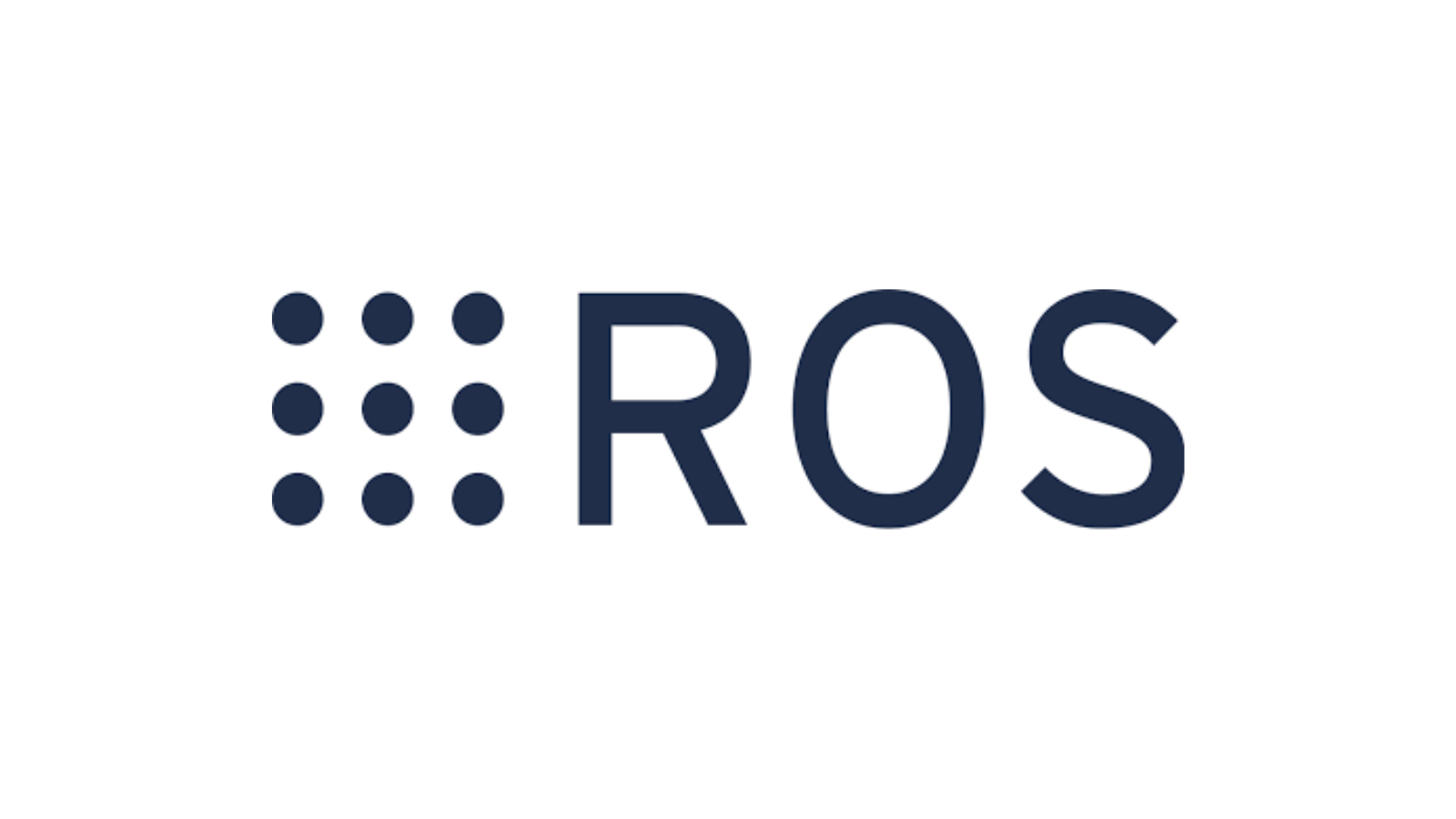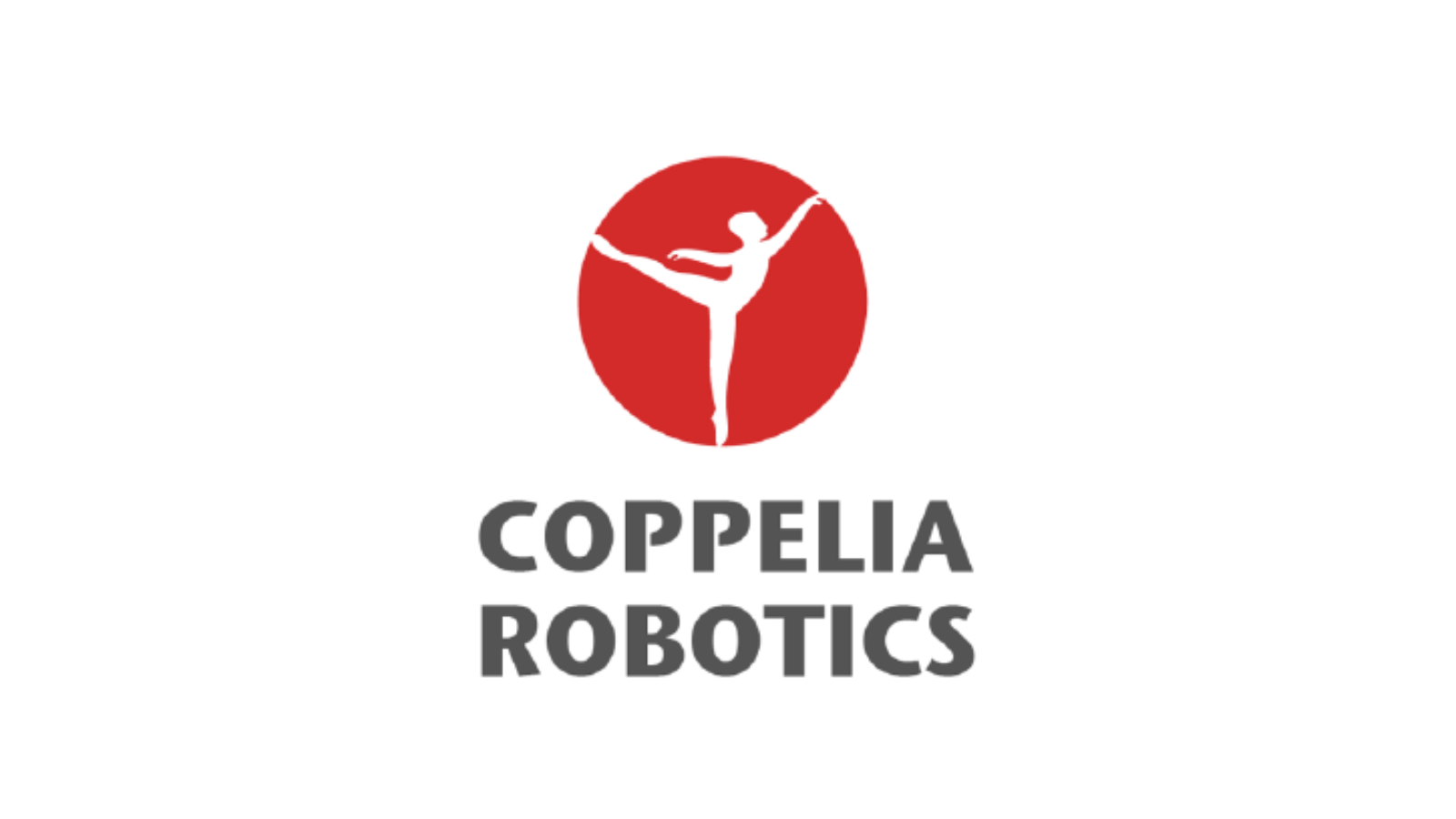Launch a local development server with live reload.
Live Server is a Visual Studio Code extension that provides a local development server with live reloading capabilities for static and dynamic web pages. It allows developers to see changes in their HTML, CSS, and JavaScript files reflected instantly in the browser without manually refreshing the page. Created by Ritwick Dey, Live Server has become a popular tool for web developers looking for a lightweight and efficient solution to streamline their development workflow, especially during front-end development.
Key Features:
- Live Reload: Automatically reloads the browser whenever a file is saved, allowing developers to see changes instantly without manually refreshing.
- Instant Updates: Offers real-time updates for HTML, CSS, and JavaScript files, enhancing the feedback loop during development.
- Multi-Browser Support: Works across different browsers, including Chrome, Firefox, Safari, and Edge, ensuring compatibility and flexibility.
- Customizable Port and Host: Allows developers to configure the port and host settings, making it easy to tailor the development environment to specific project requirements.
- Supports HTTPS: Provides an option to enable HTTPS, which is useful for developing and testing web applications that require secure connections.
- Built-In Proxy: Offers built-in proxy support to route API requests during development, helping developers test their front-end applications with backend APIs.
- Open Source and Lightweight: A lightweight extension that integrates seamlessly into Visual Studio Code, without requiring additional installation or setup outside the IDE.
Benefits:
- Faster Development Workflow: Reduces the time spent switching between the code editor and the browser by automatically reloading the browser when changes are detected.
- Improved Feedback Loop: Provides immediate visual feedback for changes, making it easier to catch and fix issues quickly.
- Ideal for Front-End Development: Especially useful for developers working with HTML, CSS, and JavaScript, enabling efficient styling, debugging, and iteration.
- Easy to Use: Simple to install and use, with minimal configuration needed, making it accessible even for beginners.
Strong Suit: Live Server’s strongest suit is its ability to provide real-time reloading and instant feedback during front-end development, greatly improving the efficiency and workflow of developers working on web projects.
Pricing:
- Free: Live Server is a free and open-source extension available in the Visual Studio Code Marketplace.
Considerations:
- Limited to Visual Studio Code: As a Visual Studio Code extension, Live Server is limited to users of this particular editor and is not available for other IDEs or editors.
- Basic Functionality: Live Server provides essential live reloading features but lacks more advanced capabilities like built-in debugging, profiling, or support for complex server-side rendering.
- Not Suitable for Production: Designed for local development use only, and not intended for deployment or production environments.
Open-source robotics middleware for robot development.
Simulation tool for robotics with realistic physics.
Robotics simulation platform with integrated physics engine.
Summary: Live Server is a simple yet powerful extension for Visual Studio Code that provides a local development server with live reloading capabilities. It is designed to streamline the front-end development workflow by automatically refreshing the browser whenever code changes are made. This makes it an ideal tool for developers working on HTML, CSS, and JavaScript projects, allowing for faster feedback and more efficient development. While it lacks advanced features and is specific to Visual Studio Code, its ease of use and effectiveness make it a favorite among web developers.














